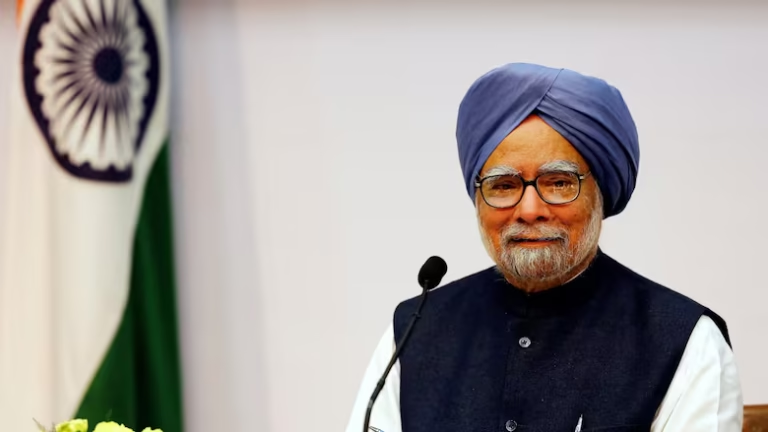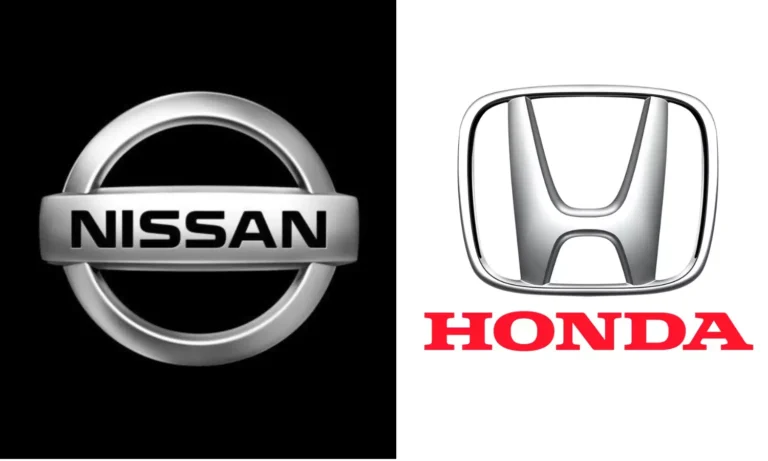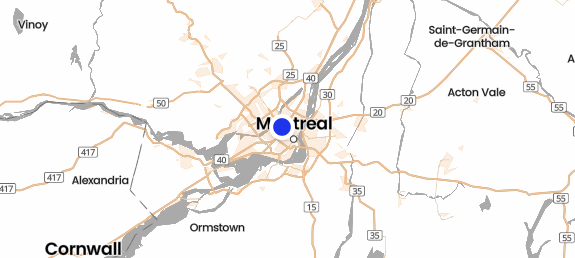
Image by aymane jdidi from Pixabay
Trudeau to Meet Donald Trump at Mar-a-Lago: In an unexpected turn of events that will get the tongues of political analysts and international observers alike wagging, the Prime Minister of Canada, Justin Trudeau, is scheduled to meet with former U.S. President Donald Trump in Palm Beach, Florida, at his Mar-a-Lago estate. The high-profile meeting, which is expected early next month, will mark a dramatic shift in diplomatic relations between Canada and the United States and may signal a new chapter in North American politics.
A Surprising Diplomatic Turn
The news of Trudeau’s visit to Mar-a-Lago has raised eyebrows across the political spectrum, with some praising the move as a necessary step toward improving relations and others criticizing it as a risky embrace of Trump’s unpopular political brand. The prime minister has signaled an attempt to reset the relations between the two leaders after years of tense diplomatic interactions by meeting with Trump, who is still a deeply polarizing figure even out of office.
While the bilateral relationship between Canada and the U.S. has conventionally been strong, especially under the auspices of the USMCA, the dynamic between the two countries has become more strained as of late. The Trudeau government, often casting itself as a liberal counterpoint to the conservative populism of Trump, has come under criticism for not being more proactive in engaging with the U.S. political landscape.
This meeting presents the opportunity for Trudeau to address various long-standing issues, ranging from trade imbalances to environmental policies, and a chance to navigate the dicey waters of U.S.-Canada relations under the leadership of a former president who still pulls significant weight in the American political landscape.
What’s at Stake for Canada and the U.S.?
The stakes of the meeting are high. With the U.S. gearing up for its 2024 presidential election, Trump remains a dominant figure within the Republican Party, and his views on trade, foreign policy, and climate change continue to shape the national conversation. For Trudeau, a successful meeting with Trump could provide a chance to leverage Canada’s interests, particularly in sectors like agriculture, manufacturing, and energy.
In recent years, the Canadian government has tried to balance a close relationship with the U.S. while forging ahead with progressive policy on climate change and Indigenous rights. A thawing of relations with Trump may afford Canada opportunities to secure trade deals it has been looking for; at the same time, there is the possibility that going too close to a leader known for his contentious approach to governance may alienate Canada’s liberal base.
What can we expect from the meeting?
The agenda of the meeting between Trudeau and Trump remains somewhat unclear. However, sources close to the discussions said the two leaders will discuss trade, regional security, and the state of the global economy. With Trump’s “America First” mantra, it would be very likely that negotiations will try to revisit parts of the USMCA dealing with the automotive industry and agriculture.
In addition, climate change is apt to be one of those friction points. While Trudeau has put the reduction of carbon emissions as a centerpiece of his administration, Trump’s time in office saw the U.S. pull out of the Paris Agreement and roll back environmental regulations. How the two leaders navigate their differences on this issue will be closely watched by both domestic and international audiences.
The situation in Ukraine, however, is bound to become one of the most hotly debated topics at this meeting, as Canada and the U.S. were some of the firm supporters of Ukraine against Russian aggression. But on a rather unpredictable Trump approach to foreign policy, and a possible divergence with Trudeau on his views of the conflict with a more traditional diplomatic stand.
Public Reaction: Divided Opinions
The decision to send Trudeau to meet with Trump has received a mixed response among Canadians. Many believe that the meeting could be an opportunity to build cooperation and strengthen the Canada-U.S. relationship. Supporters argue that diplomatic engagement is critical, even with leaders who may hold differing political views, and that aligning with Trump could be beneficial for Canada in terms of securing trade deals and reinforcing national security interests.
Critics say such a meeting lends legitimacy to a leader whose political rhetoric often is divisive and inflammatory. They caution that Trudeau risks alienating his own progressive supporters by embracing Trump, whose presidency was characterized by hard-nosed immigration policies, denial of climate change, and the undermining of democratic institutions.
Public opinion polls in Canada indicate that many Canadians are still skeptical of Trump’s leadership, and Trudeau will have to walk a tightrope if he wants to maintain his political capital back home. According to some experts, this could be the perfect opportunity for Trudeau to take on Trump on several contentious issues publicly while still trying to keep the relationship amiable.
Looking Ahead: Possible Impact on Canadian Politics
With the meeting looming, a very valid question comes to mind: what does this mean for the future of Canadian elections? While a meeting between Trudeau and Trump will not necessarily directly affect the political scene in Canada, it might affect voter sentiment if the two leaders were to announce some new initiatives or agreements.
With Trudeau’s Liberal Party being squeezed from both the left and the right, this meeting could prove to be one of the defining moments of the prime minister’s legacy. If successful, it could bolster his position as a statesman capable of engaging with leaders on both sides of the political spectrum. However, were it to be considered an unsuccessful meeting or political folly, it would undermine further his reputation as a progressive world leader.
A Meeting with Global Consequences
As the prime minister gets set to meet Donald Trump in Mar-a-Lago, the world will no doubt watch this high-wire, high-stakes diplomacy event. The result of the meeting may have wide-ranging implications for Canada’s economic future and its relationship with the U.S., and also for Trudeau’s political standing. Whatever the outcome might be, one thing is certain: the world will be watching closely when these two powerful figures sit down for a conversation that could shape the trajectory of North American relations for years to come.
Must read: Economists suggest that temporary tax cuts and relief




